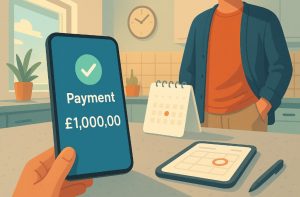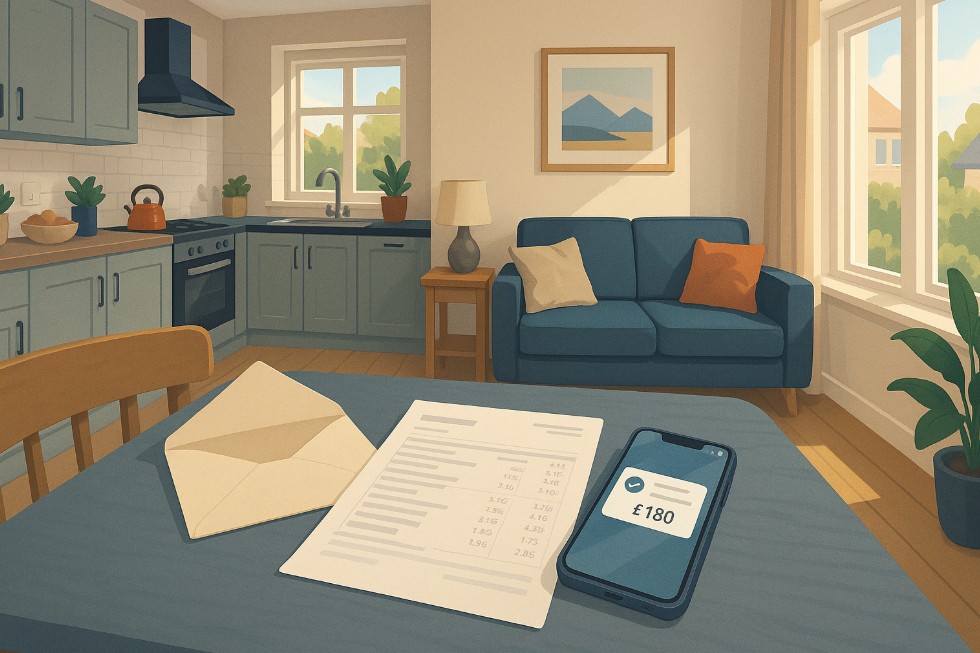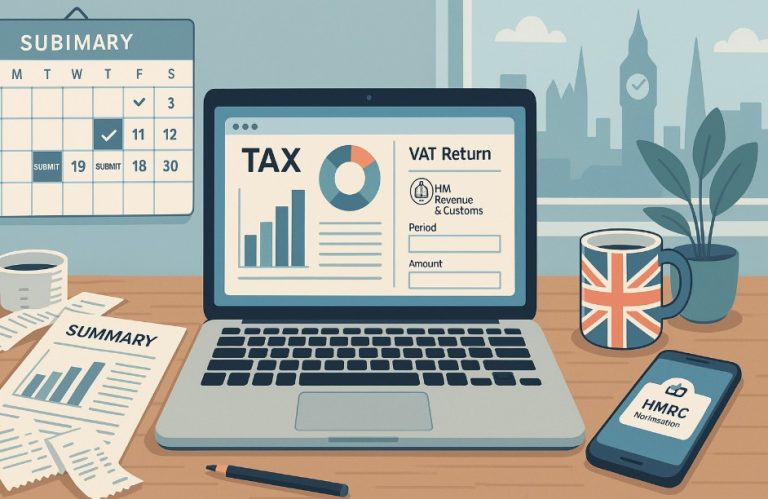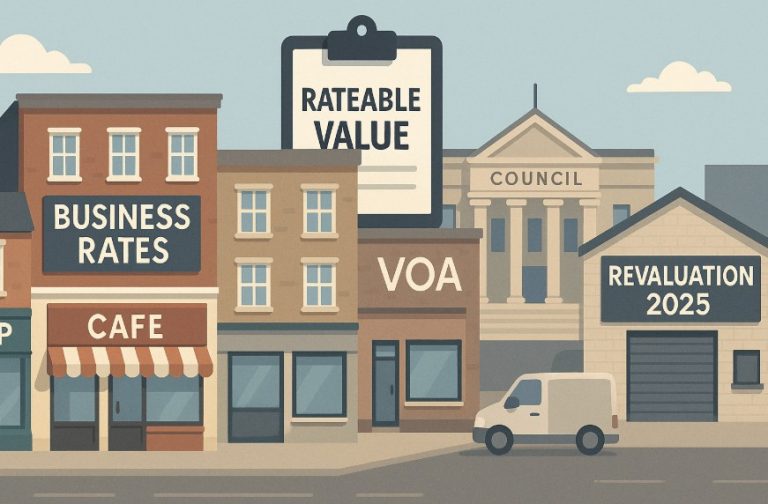HMRC Sending Tax Rebate Letters with £2,000 Payments to UK Households in June
Why Are UK Households Receiving Tax Rebate Letters from HMRC in June 2025?
Have you received a brown envelope through your letterbox recently that promises money back from HMRC? If so, you’re not alone. This June, His Majesty’s Revenue and Customs (HMRC) began sending out tax rebate letters to households across the UK, offering payments averaging £2,000.
The annual tax reconciliation is a routine process where HMRC adjusts for overpaid or underpaid tax from the previous financial year. As part of this exercise, many taxpayers discover they have overpaid tax and are therefore entitled to a refund. The process typically begins each June, a few months after the end of the financial year on April 5th.
HMRC sends these letters to inform taxpayers whether they are due a refund, need to pay more, or must complete a tax return. While some may be alerted to underpayments, others find themselves eligible for a generous refund, which is especially timely in today’s economic climate where families face increasing living costs.
Who Is Eligible to Receive the HMRC Tax Rebate in 2025?

Eligibility for this year’s rebate largely revolves around income, employment status, and tax code history.
You don’t need to apply directly for the refund if HMRC has all your information and identifies an overpayment the process is mostly automatic. However, there are a few key reasons someone might qualify for a refund:
- They were placed on an emergency tax code when switching jobs
- Their circumstances changed, resulting in a tax code adjustment
- They had more than one job and personal allowance wasn’t applied correctly
- They received taxable benefits or pensions incorrectly recorded
- They didn’t claim tax reliefs they were eligible for (e.g., work-related expenses)
In particular, those who have never checked or claimed a rebate before may be entitled to backdated payments.
According to tax specialists Swift Refunds, some individuals could receive a lump sum of up to £3,400 by claiming rebates from the last four tax years.
How Much Money Can You Expect to Receive?
While the average tax rebate is around £2,000, this amount varies depending on the extent of overpayment and the length of time the error persisted.
Some people may receive as little as £100, while others could see sums exceeding £3,000, particularly if their claim includes multiple tax years.
According to Swift Refunds, new claimants who have never applied before might receive backdated amounts for up to four years. In such cases, individuals may be refunded between £3,000 and £3,400, based on HMRC’s calculations of overpaid income tax.
What Does the HMRC Tax Rebate Letter Contain?

The letter from HMRC, often referred to as a P800 Tax Calculation Letter, serves as the official communication indicating a tax overpayment or underpayment. If you’re due a refund, it will detail the amount owed and the method of repayment.
You can expect the following information:
| Section | Details |
| Personal Information | Name, National Insurance number, tax year reviewed |
| Refund Amount | The calculated overpayment for the year |
| Reason for Rebate | e.g. emergency tax code, duplicate income reporting |
| Claim Instructions | Steps to claim online or wait for automatic payment |
| Contact Details | Official HMRC contact numbers and GOV.UK URLs |
The letter also explains how to make a claim if automatic bank details are not on file. If you want a direct bank transfer, you’ll need your P800 reference number, National Insurance number, and a UK bank account.
Why Do Tax Overpayments Happen So Often?
Overpayments are surprisingly common. HMRC operates a complex system that’s reliant on accurate employer reporting and individual records. A few scenarios that often lead to overpaid tax include:
- Switching jobs and being assigned an emergency tax code
- Working multiple jobs with tax-free allowances not distributed correctly
- Receiving taxable benefits or pensions not adjusted in real-time
- Taking unpaid leave or being furloughed without payroll updates
These issues often go unnoticed by the taxpayer and can persist over several years, especially when job changes or changes in personal circumstances aren’t updated with HMRC.
When Will Payments Be Made to Eligible Households?

The letters are being issued throughout June 2025, and payments generally follow within 7 to 10 working days of receiving the letter, assuming all bank details are in order.
For many, the refund is deposited directly into their bank account. If no account is linked, the letter provides instructions to either:
- Claim a bank transfer through HMRC’s online portal
- Request a cheque (delivered by post)
Here’s a simplified timeline:
| Action | Estimated Date |
| Letters dispatched | June 3–15, 2025 |
| Online claim portal active | Immediately upon receiving letter |
| Direct deposit processing | Within 7–10 working days |
| Cheque delivery (if requested) | Up to 14 days |
If you do not receive a letter by the end of June but believe you might be eligible, you are encouraged to check your HMRC personal tax account online.
What Should You Do If You Haven’t Received a Letter?
Not everyone who is owed a refund will receive a letter. Sometimes, records may be incomplete or errors may not be detected automatically by HMRC. In such cases, it’s crucial to proactively check your tax history.
Steps to follow:
- Log in to your personal tax account at GOV.UK
- Use the online tax checker to view earnings and tax paid
- Submit a claim manually if you notice discrepancies
You can also consult a tax refund specialist who can assist with filing backdated claims if you believe you’ve overpaid tax in previous years.
Can You Backdate a Claim for Previous Tax Years?
Yes, HMRC allows individuals to claim tax rebates for up to four tax years. This means that in June 2025, you can potentially claim refunds dating back to the 2020/2021 tax year.
Backdated claims can result in significant lump sums, particularly for people who have consistently been on incorrect tax codes or who didn’t claim work-related expenses.
These claims must be submitted through HMRC’s online services or by post, depending on the case.
How Is HMRC Supporting Families Through Tax-Free Childcare?

Alongside tax rebates, HMRC is also promoting the Tax-Free Childcare scheme, a government initiative offering financial relief for working families.
The scheme provides a 25% top-up to childcare savings, giving parents up to £2,000 per child annually, and up to £4,000 for children with disabilities.
This support can ease financial pressure during the summer months when childcare costs are often at their peak.
Eligibility includes:
- Children aged 11 or under (or 16 if disabled)
- Parents working 16 hours or more per week
- Annual earnings under £100,000 per parent
- Not receiving Universal Credit or childcare vouchers
According to HMRC, nearly 826,000 families claimed £632 million in childcare support during the last tax year.
Myrtle Lloyd, Director General for Customer Services at HMRC, encouraged families to explore their options early, especially before summer holidays begin.
What Should You Do If You Suspect You’re Owed Money?
Many people remain unaware of their eligibility or simply ignore HMRC correspondence. However, experts advise taking proactive steps, particularly during periods of financial strain.
Robert Jones, CEO of Swift Refunds, said:
“We regularly see people who’ve changed jobs, been on the wrong tax code, or had work-related expenses they didn’t claim for. These are all common reasons for overpayment. With holiday prices rising, a rebate could make a big difference.”
Checking your tax account, staying alert to HMRC communications, and reviewing old payslips could lead to discovering unclaimed funds.
Frequently Asked Questions (FAQs)
Can I receive a tax rebate if I’m self-employed?
Yes, self-employed individuals can receive rebates, but they must complete a Self Assessment tax return to determine overpayments.
What’s the difference between a P800 and a Simple Assessment?
A P800 is a calculation of tax under the PAYE system, while a Simple Assessment is used for cases where more tax is owed or refunded and a return isn’t required.
How long does it take to receive the money once I claim?
Once processed, refunds are usually issued within 7–10 working days for bank transfers, and slightly longer for cheques.
Will receiving a rebate affect my benefits or tax code?
Generally, no. Rebates are adjustments for past overpayments and do not affect ongoing benefits or future tax codes unless there’s a major income shift.
Can I use a tax rebate firm to handle my claim?
Yes, many companies offer services to manage and file claims, though they often charge a percentage of your refund as a fee.
What if my rebate is less than expected?
You can dispute or appeal the calculation by contacting HMRC or checking the breakdown in your P800 letter.
Are pensioners eligible for rebates?
Yes, pensioners who paid tax on income, pensions, or savings may also be eligible if overpayments occurred.







